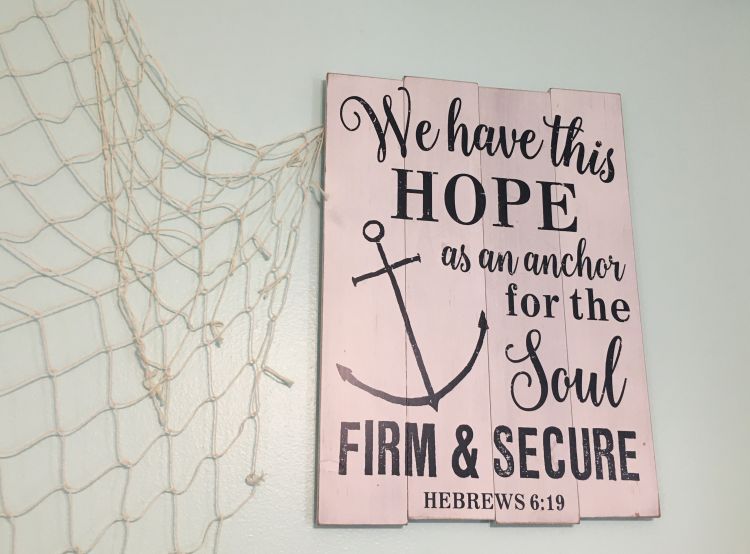Each Friday, I’ll post links to 3–5 resources from around the web you may want to check out.
Struggling to Keep Up in Motherhood? Let the Spirit Set Your Pace.
Aimee Joseph writes about keeping in step with the Spirit when it comes to motherhood.
Make no mistake about it, motherhood has always been a massive job. I love how G. K. Chesterton captured its staggering scope: “A woman’s function is laborious, but because it is gigantic, not because it is minute.” While motherhood’s scope hasn’t changed much over time, its pace has. Aided by technology, compelled by memes, and informed by influencers, modern motherhood feels like a frantic race. The amount of things a mom and her family are expected to do in a day, a week, or a year make our days so full that I’ve often had to double my desired pace to barely keep up.
4 Ways the Church Helps You in the Fight for Purity
It’s all too easy to think that one needs to battle for sexual purity by themselves. Garrett Kell points us to the church for help.
God gives the church to help you resist temptation and draw you in a better direction, toward a better country. Our journey of faith is marked by the joyful assurance that God is with us and that soon we shall be with him. But this journey cannot be made alone; we make it together. You need other Christians, and they need you. Consider how God wants to use the fellowship of a church to help you fight sexual sin and endure in faith.
How is God Unchanging?
This is a short video from Reformed Theological Seminary Charlotte on the topic of God’s unchangeableness, featuring Dr. Blair Smith.
On the WPCA Blog This Week
This week on the blog we published an article I wrote called How Short, O Lord? If you haven’t already seen it, check it out!
Note: Washington Presbyterian Church and the editors of this blog do not necessarily endorse all content produced by the individuals or groups referenced here.

